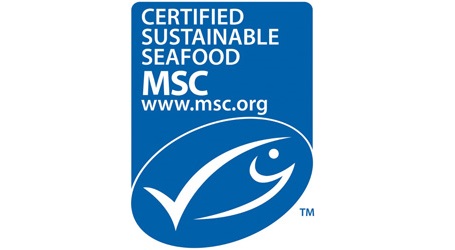The members of the Reunion Freezer Longliner Syndicate (SARPC) obtained the Marine Stewardship Council (MSC) certification for their Crozet fishery as part of their southern seas toothfish fishing activities.
This certification recognizes the work done by the stakeholders in terms of sustainability of the resource and it is in line with the MSC certification obtained for the toothfish (Dissostichus eleginoides) fishery in the Kerguelen EEZ in 2013.
The French ship owners, grouped within the SARPC since 2002, operate seven longline vessels and after evaluation of the resource by National Museum of Natural History (MNHN), which is then validated by CCAMLR, each of these vessels is allocated a quota by the French Southern and Antarctic Territories administration, managing authority of the fishery.
This new certification comes in as a result of the work done by all the ship owners historically engaged in this economic activity carried out in respect of the marine environmental balance.
Several fundamental criteria were taken into account to grant this certification, such as sustainable fish stocks, fishing effort level that ensures the sustainability of the fish population, minimal environmental impact, maintaining the structure, productivity, function and diversity of the ecosystem.
Further criteria considered includes an efficient and transparent management system that controls the number of toothfish stakeholders and ensures the sustainability of the fishery.
The audits carried out annually to evaluate if these criteria are being followed revealed that the entire ecosystem of the EEZ of Crozet presents a unique diversity that must imperatively be preserved while allowing an economically viable activity.
Meanwhile, the members of the SARPC, conscious of these environmental issues, participate very actively in the scientific and exploratory campaigns. Compliance with the management plan as agreed in September 2015 between the TAAF administration and all stakeholders in the fishery is thus seen as an essential guarantee of the sustainability of the resource by protecting the marine fauna, and specifically by limiting by-catches and juveniles. Bird mortality has thus been reduced or virtually eliminated through the introduction of specific measures.

